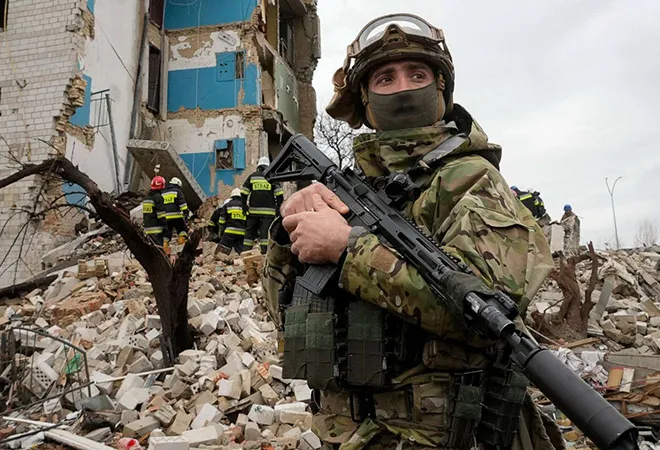-
CENTRES
Progammes & Centres
Location

The China-Russia axis grows stronger by the day and the West is waking up to the challenge of managing this partnership.This major power polarization is drowning out the voices and concerns of the rest of the world. The energy, food, and concomitant economic crises engendered by the Russia-Ukraine war have wreaked havoc in many countries, but a distracted world has little time to find resolutions. Global governance is in crisis as multilateral institutions and frameworks flounder across the board. This has given a country, such as India, that believes in championing the Global South a new space to showcase its leadership credentials. New Delhi intends to use its G20 presidency this year to advance the cause of the weakest and poorest countries in an attempt to craft a new global role for itself as a responsible global stakeholder. Finally, the use of force has returned with a vengeance as the last resort in international relations. Russia’s naked aggression against a sovereign nation and China’s repeated aggression in trying to change the territorial status quo along its maritime and land borders is forcing nations large and small to relook at their defense postures. The future of warfare is being shaped by new technologies as well as a new recognition of the diminishing effectiveness of nonmilitary coercive measures. India has been successful in balancing its ties with the West and Russia so far but it has been a delicate balancing act. As faultlines sharpen with the conflict likely to escalate in the coming months, the challenges for New Delhi are only likely to grow.
The views expressed above belong to the author(s). ORF research and analyses now available on Telegram! Click here to access our curated content — blogs, longforms and interviews.

Professor Harsh V. Pant is Vice President – Studies and Foreign Policy at Observer Research Foundation, New Delhi. He is a Professor of International Relations ...
Read More +